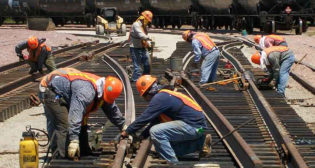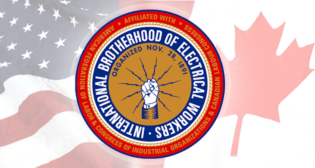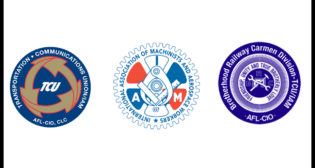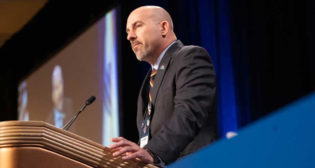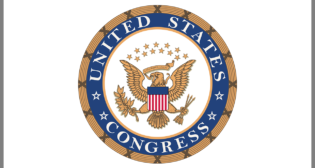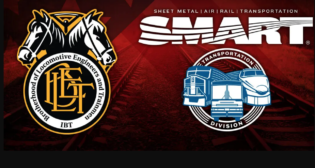
NCFO Reaches Tentative Agreement With NCCC
More than three weeks after Presidential Emergency Board (PEB) No. 250 issued its recommendations on the stalled contract negotiations between 12 rail labor unions and the carriers, the National Conference of Firemen & Oilers, SEIU (NCFO) has reached a tentative agreement with the National Carriers’ Conference Committee (NCCC), which represents most major railroads (and many smaller ones) in national collective bargaining.

